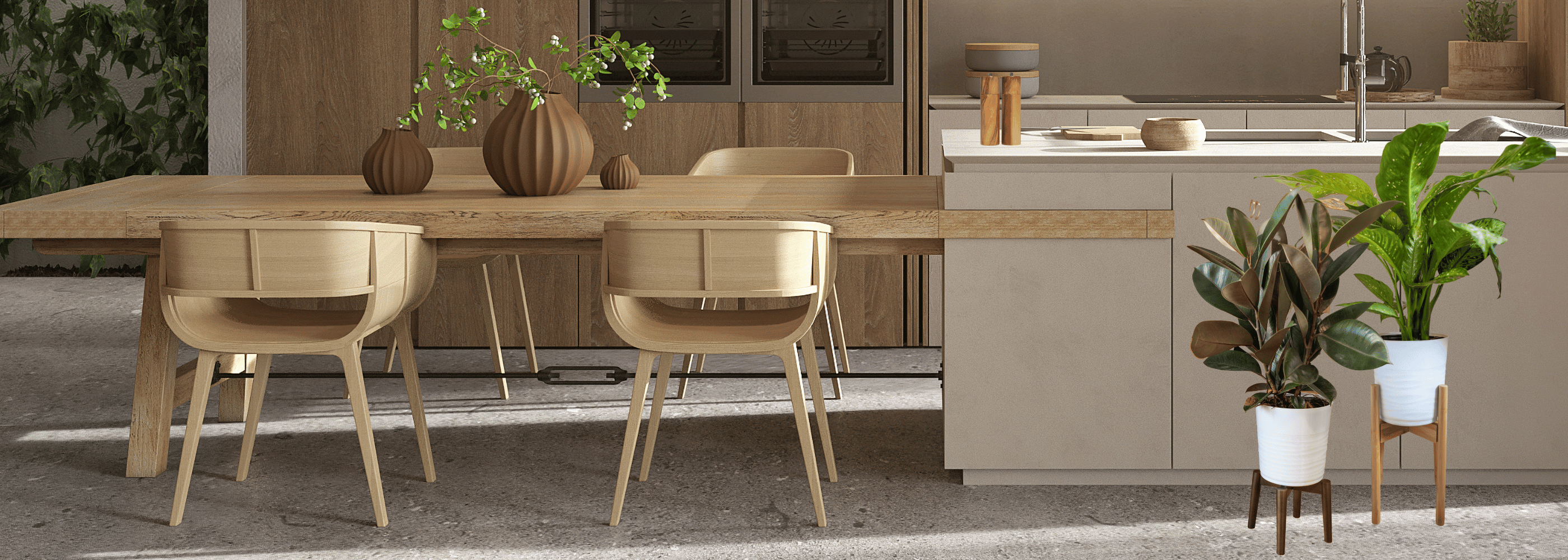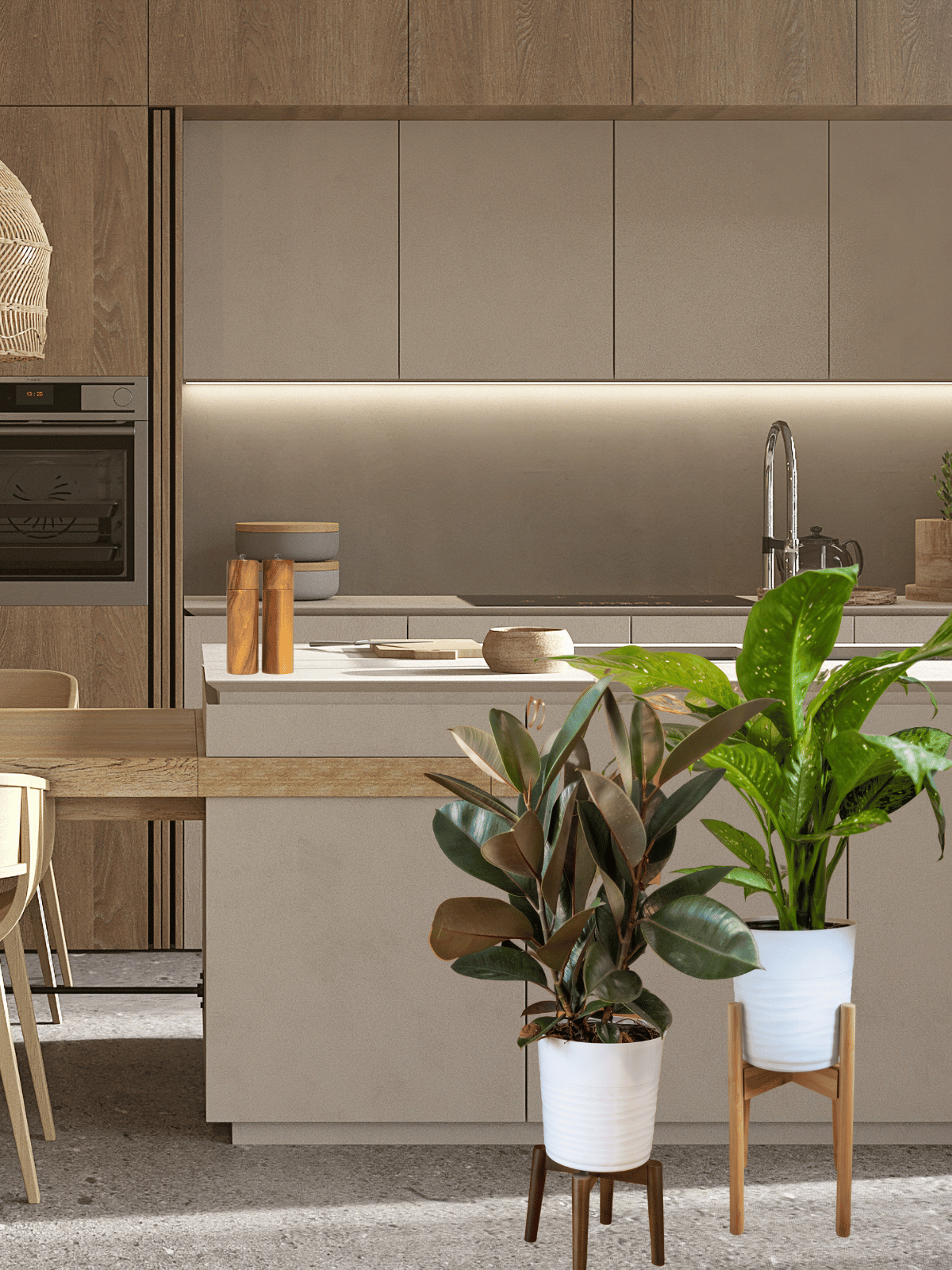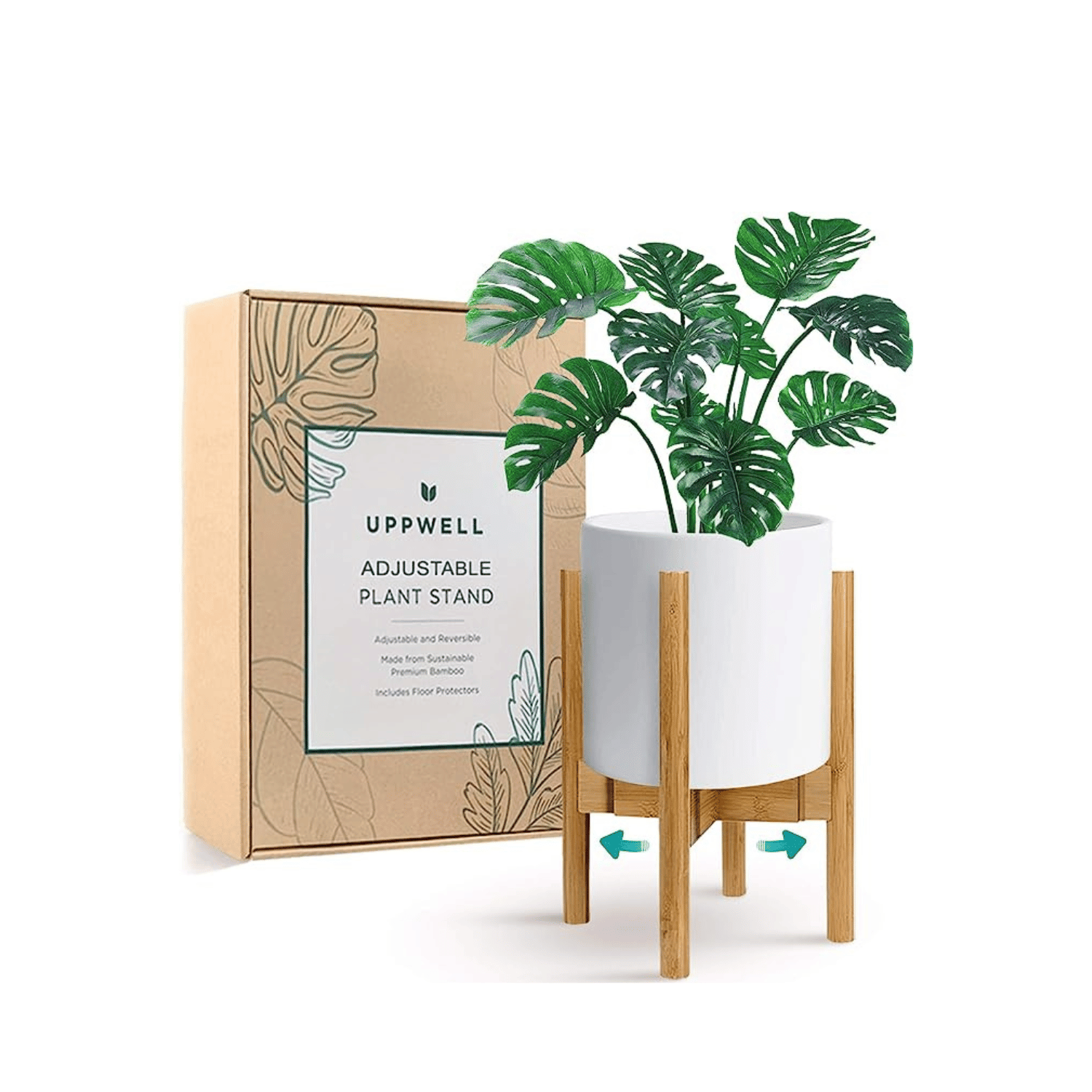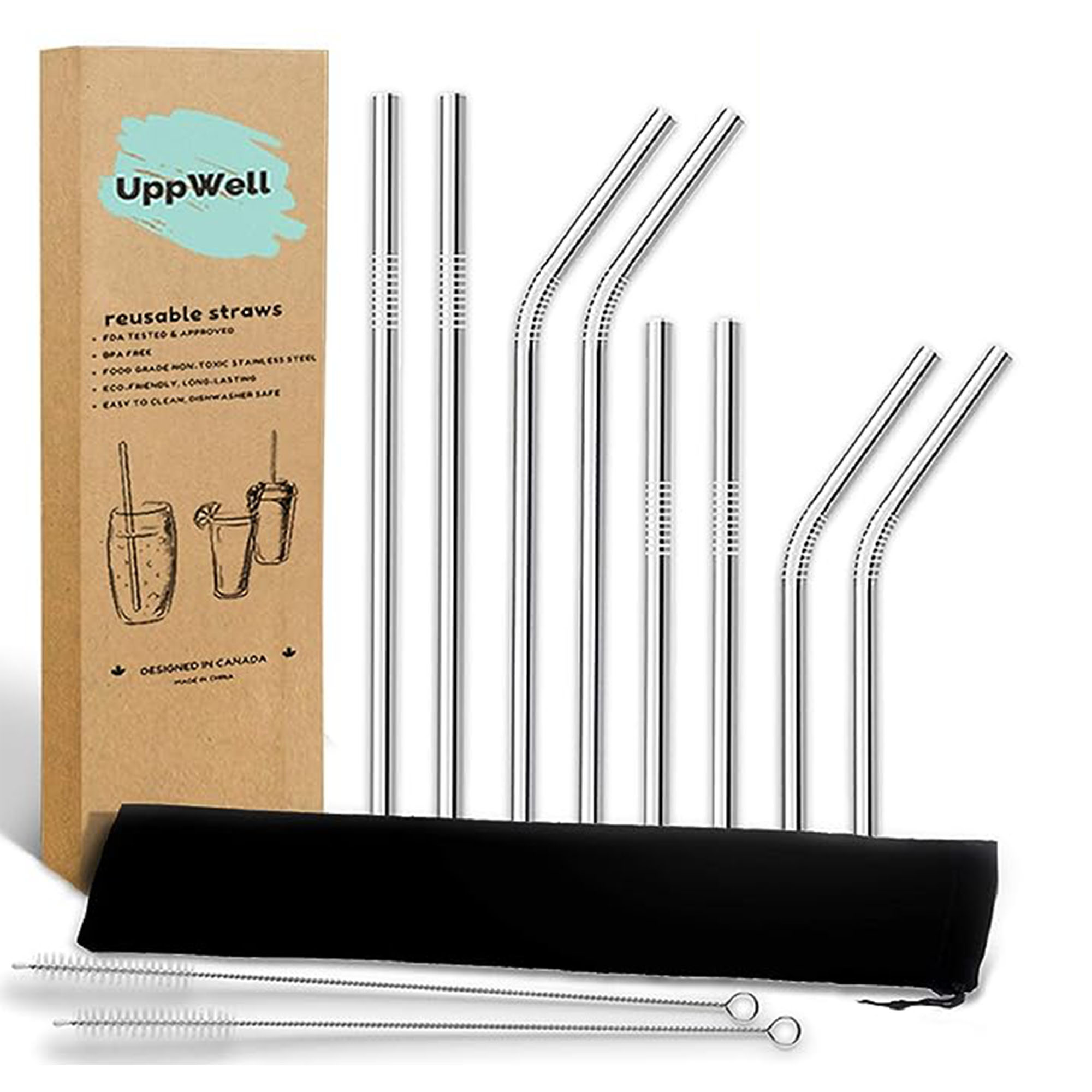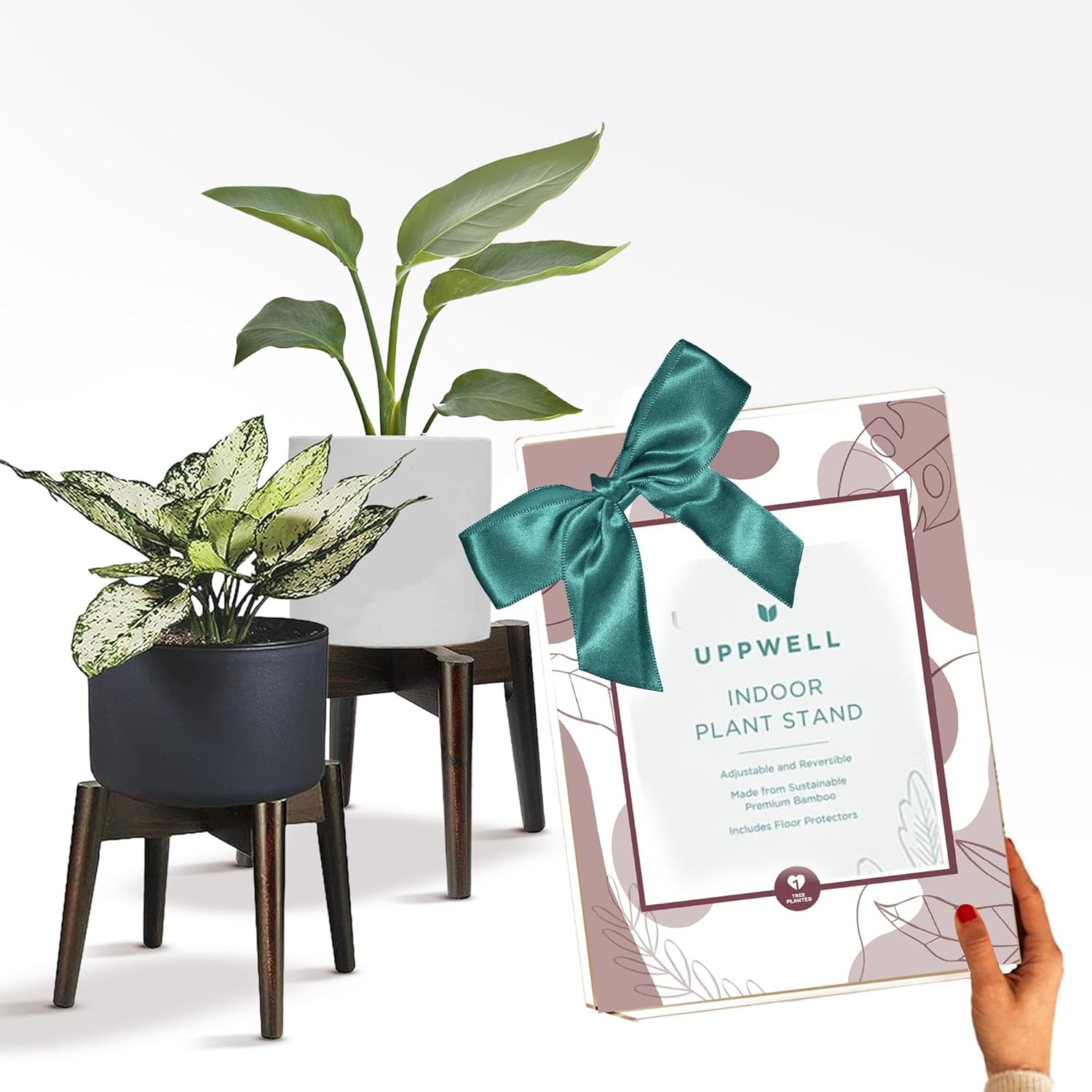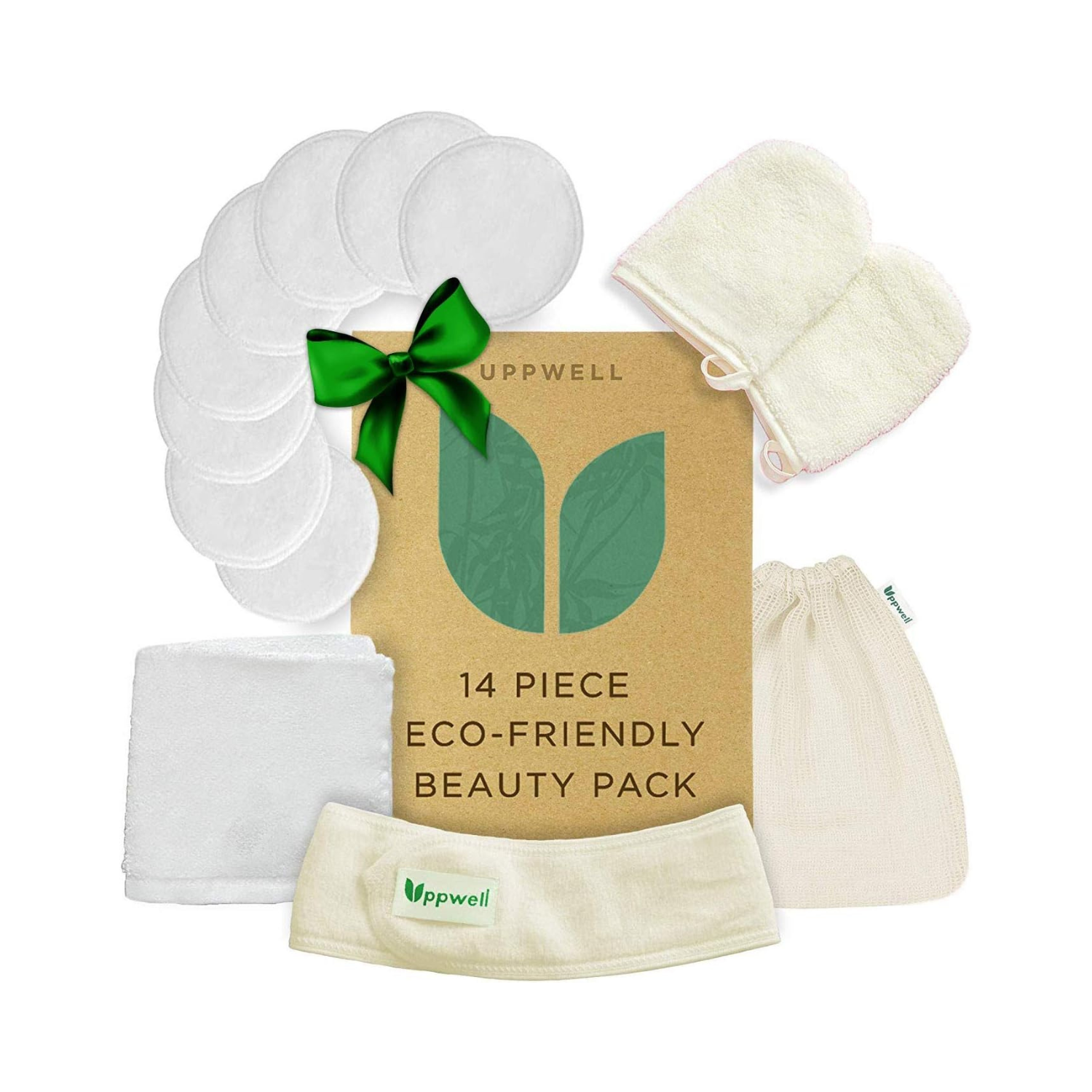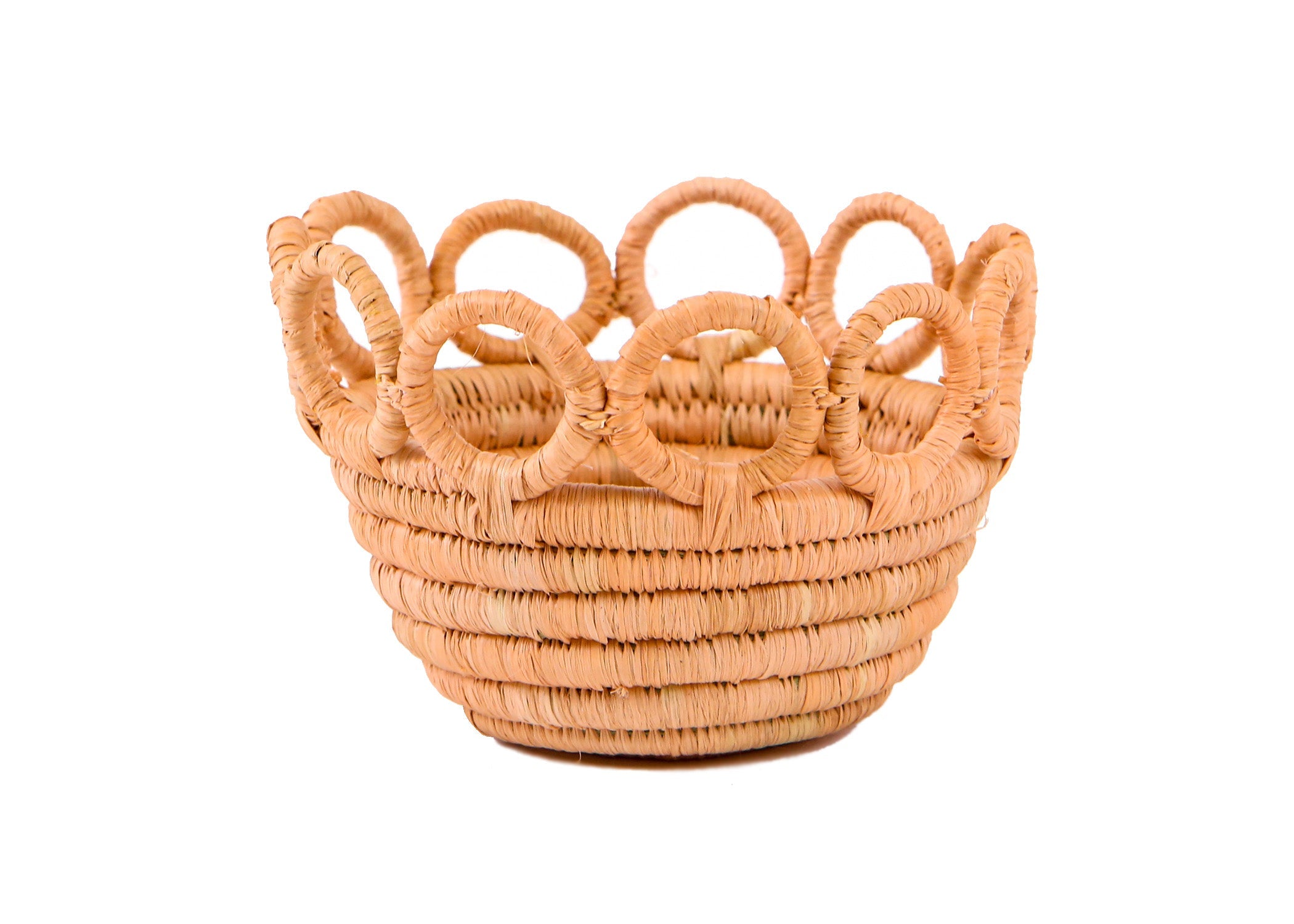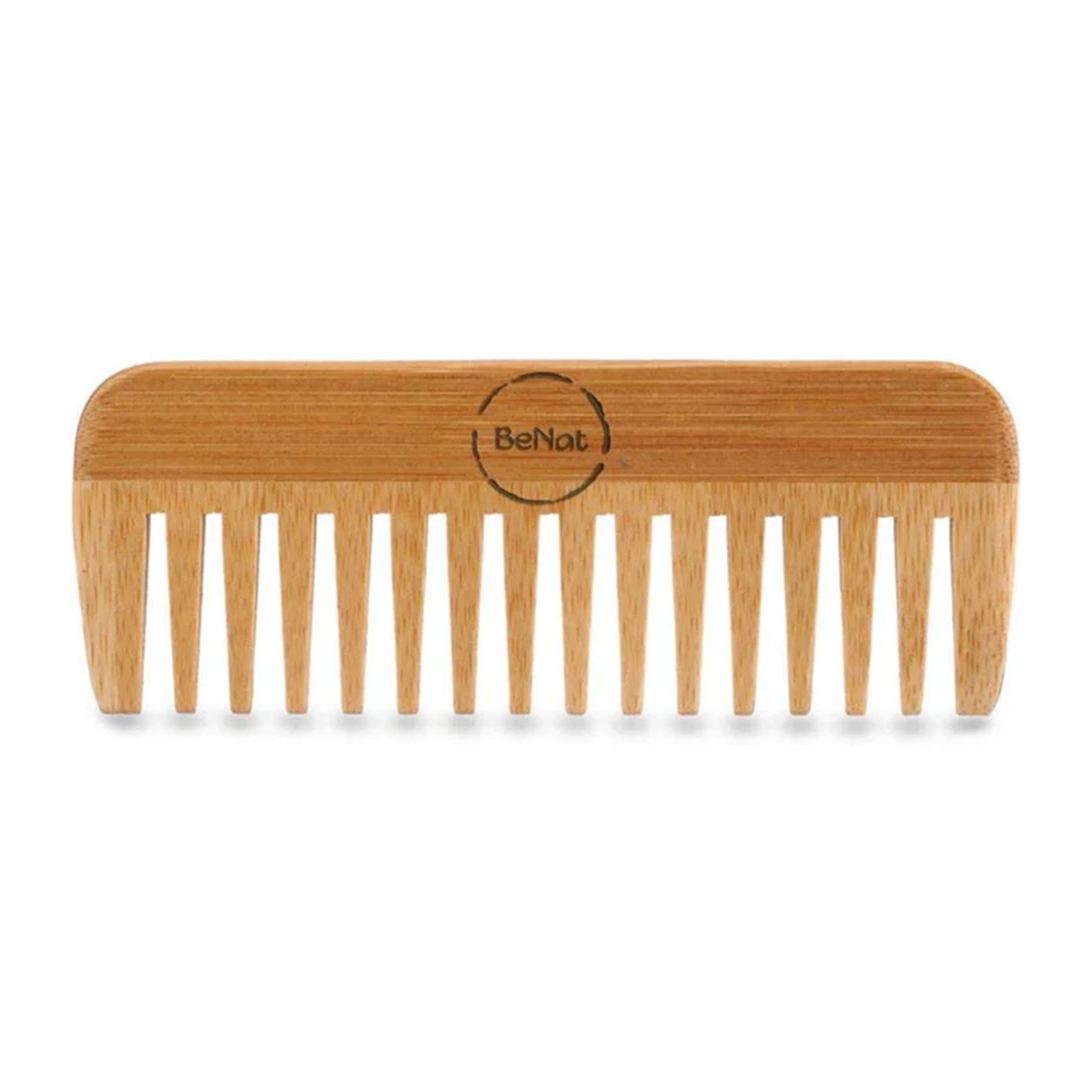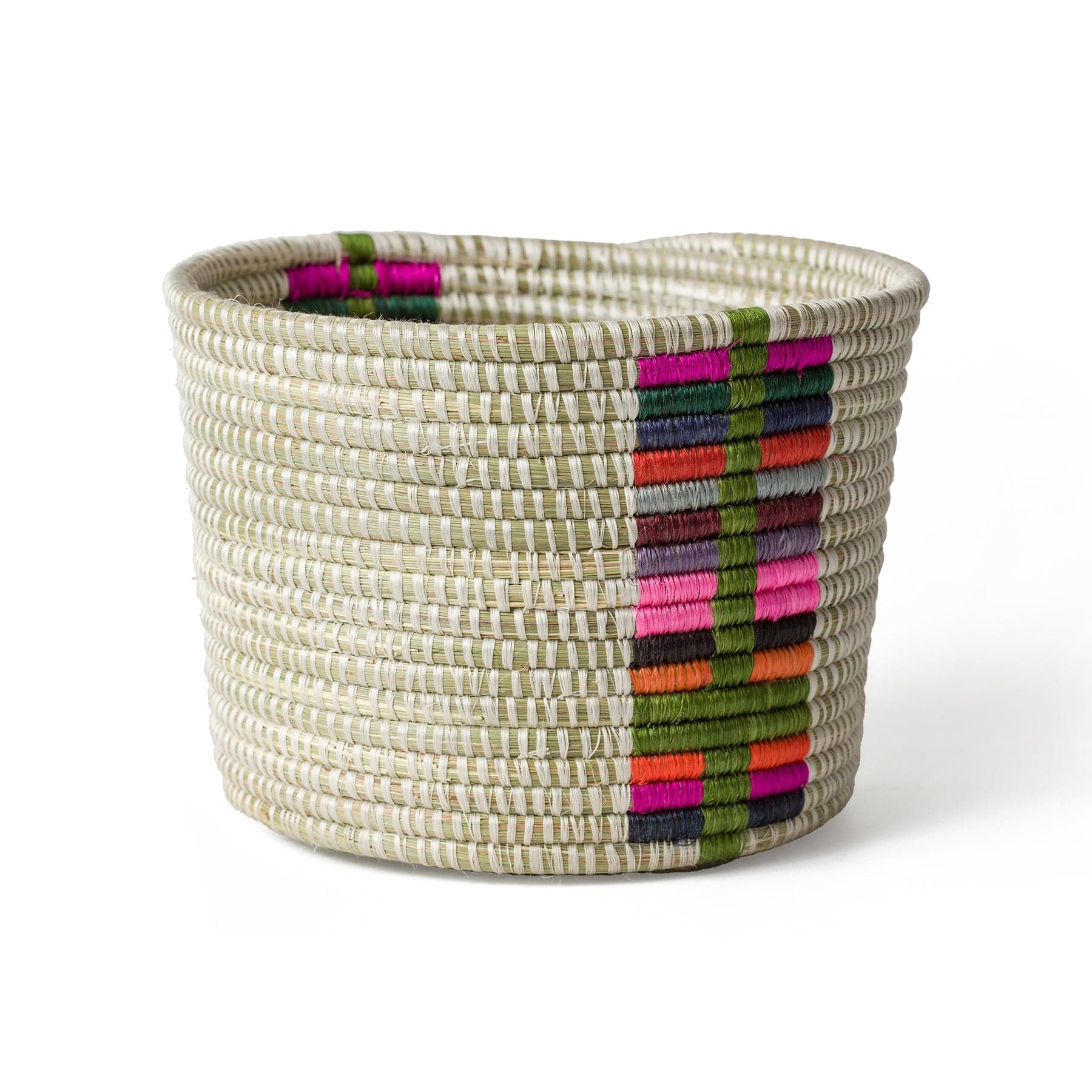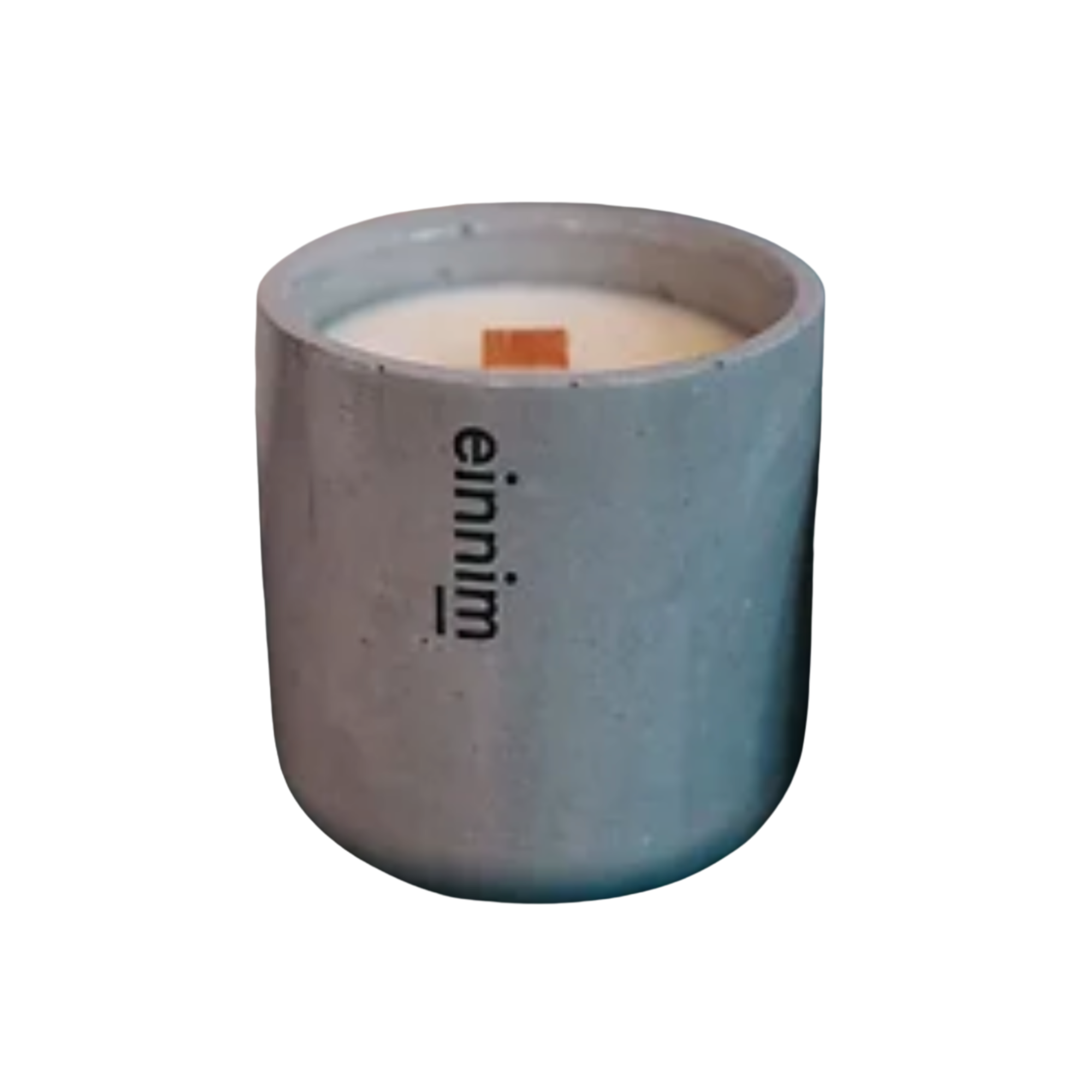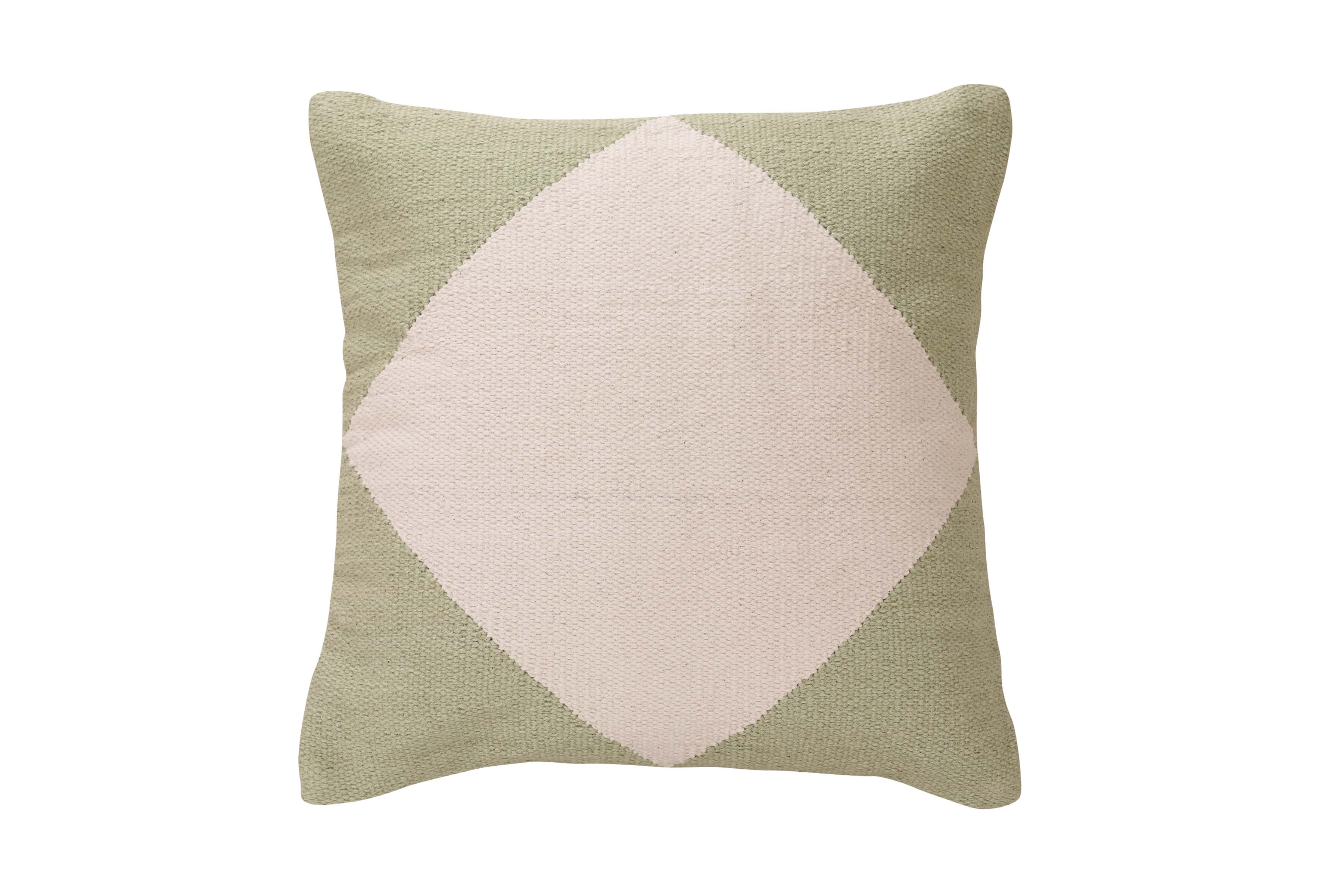
Explore Our Signature Creations for Your Home
Hear from Our Delighted Customers
Sophia W.
Chic and functional
I'm in love with Salt & Pepper Grinder. It's chic, functional, and it has truly stood the test of time.
Daniel M.
Easy to put
I'm not the handiest person but putting together the plant stand was a breeze. All the parts fit perfectly.
Emily R.
Sturdy
I was worried plant stand wouldn't hold my larger plants, but this stand is impressively sturdy. It's a game-changer for my indoor plant heaven!
Lisa M.
Feeling better
These metal straws are a win! Easy to clean in the dishwasher, and they've replaced plastic ones in my home and office. Simple, but it works.
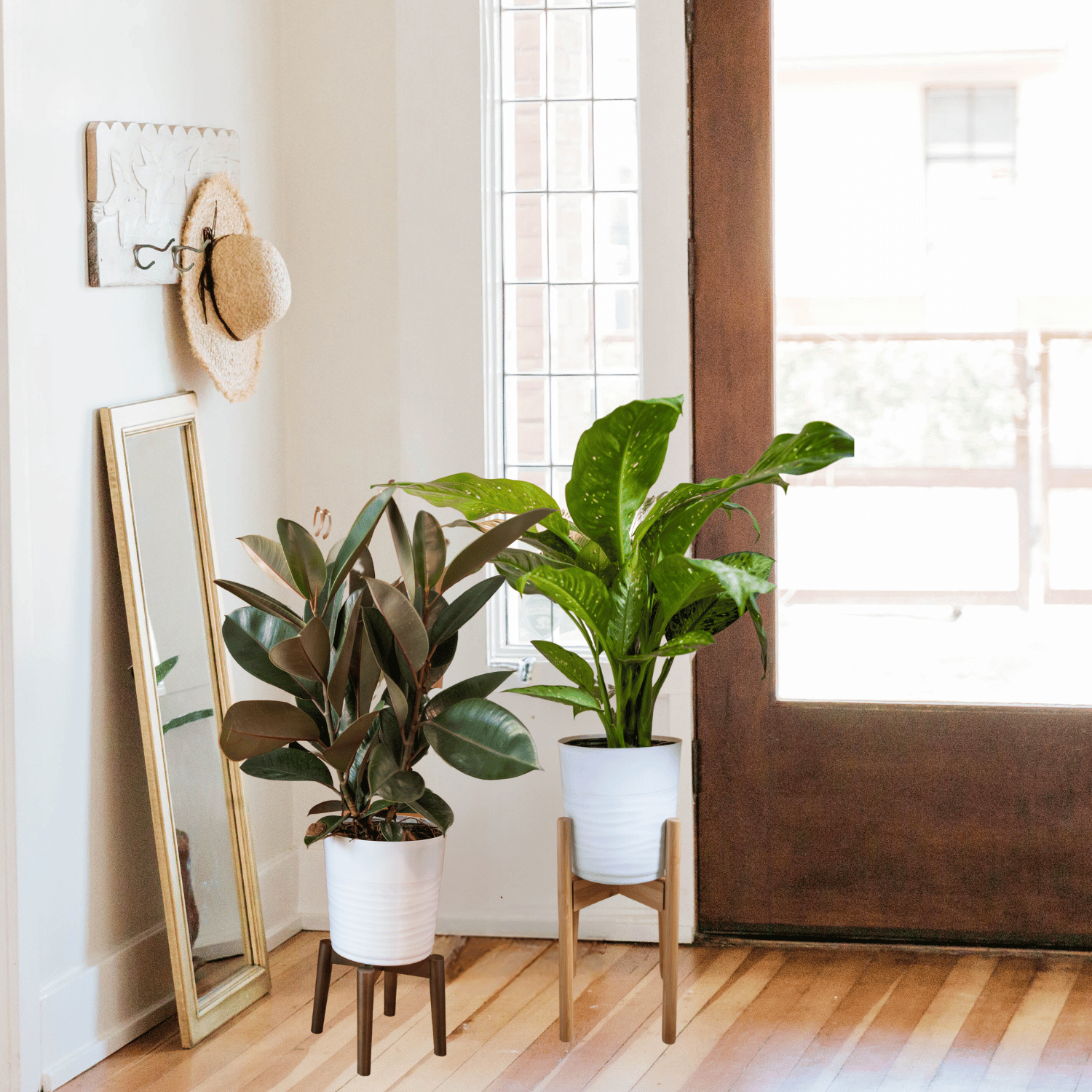
About Us
Meet UppWell
UppWell is more than just products; it's a commitment to cultivating captivating, environmentally conscious spaces. Welcome to a world where style meets sustainability.
Learn MoreExplore Green Living Insights

Top 10 Christmas Gift Ideas: A Blend of Style, Sustainability, and Joy!
Celebrate a green Christmas with our stylish, joyful, and sustainable gifts. From adjustable bamboo plant stands for the green-thumbed to organic cotton baby boxes for the little ones,...
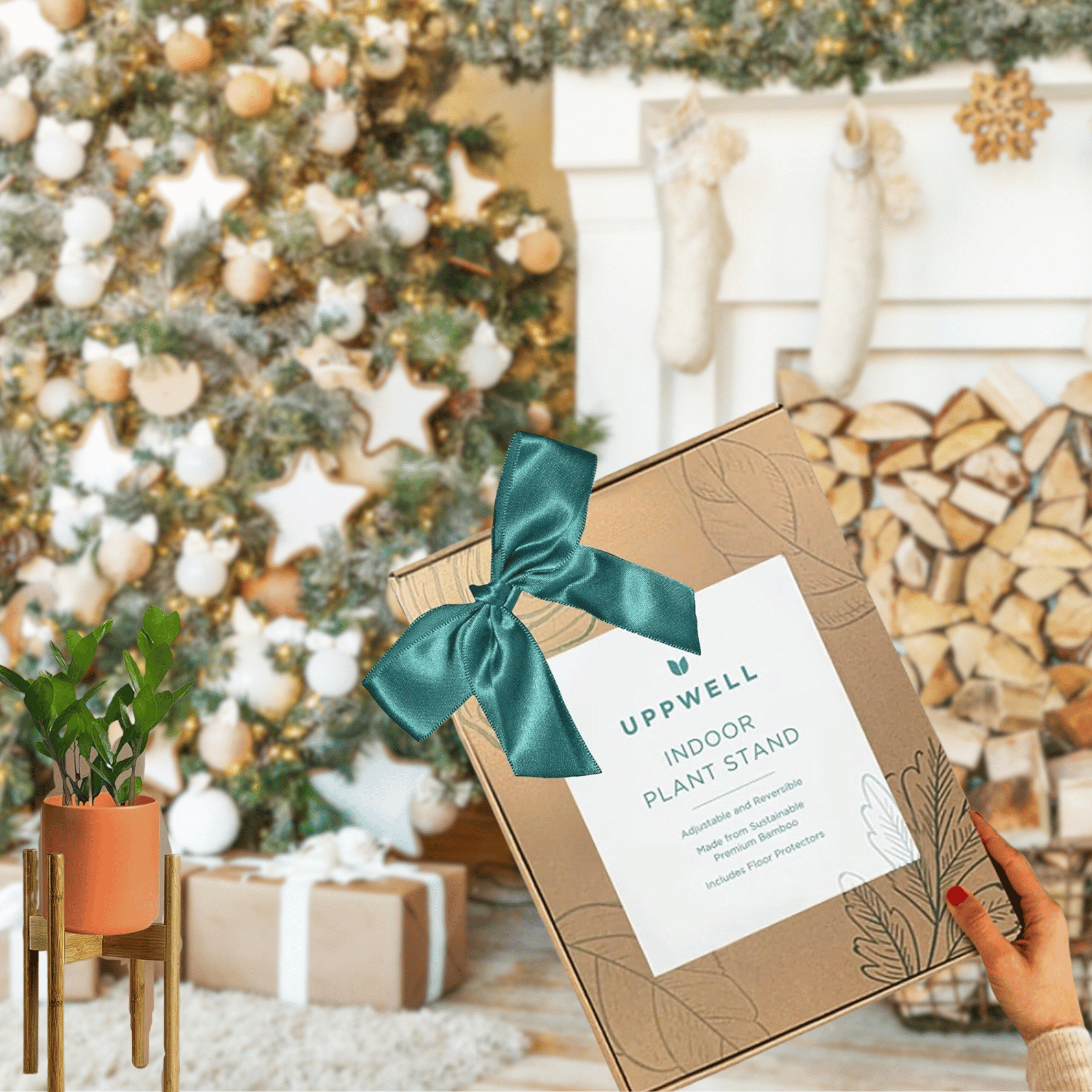
Holiday Delights: Discover UppWell's Gift Ideas for Everyone!
Discover the ultimate Christmas gifts with UppWell's sustainable and stylish home decor solutions. Our Adjustable Bamboo Plant Stand and Acacia Wood Salt and Pepper Grinder Set are not only eco-fri...
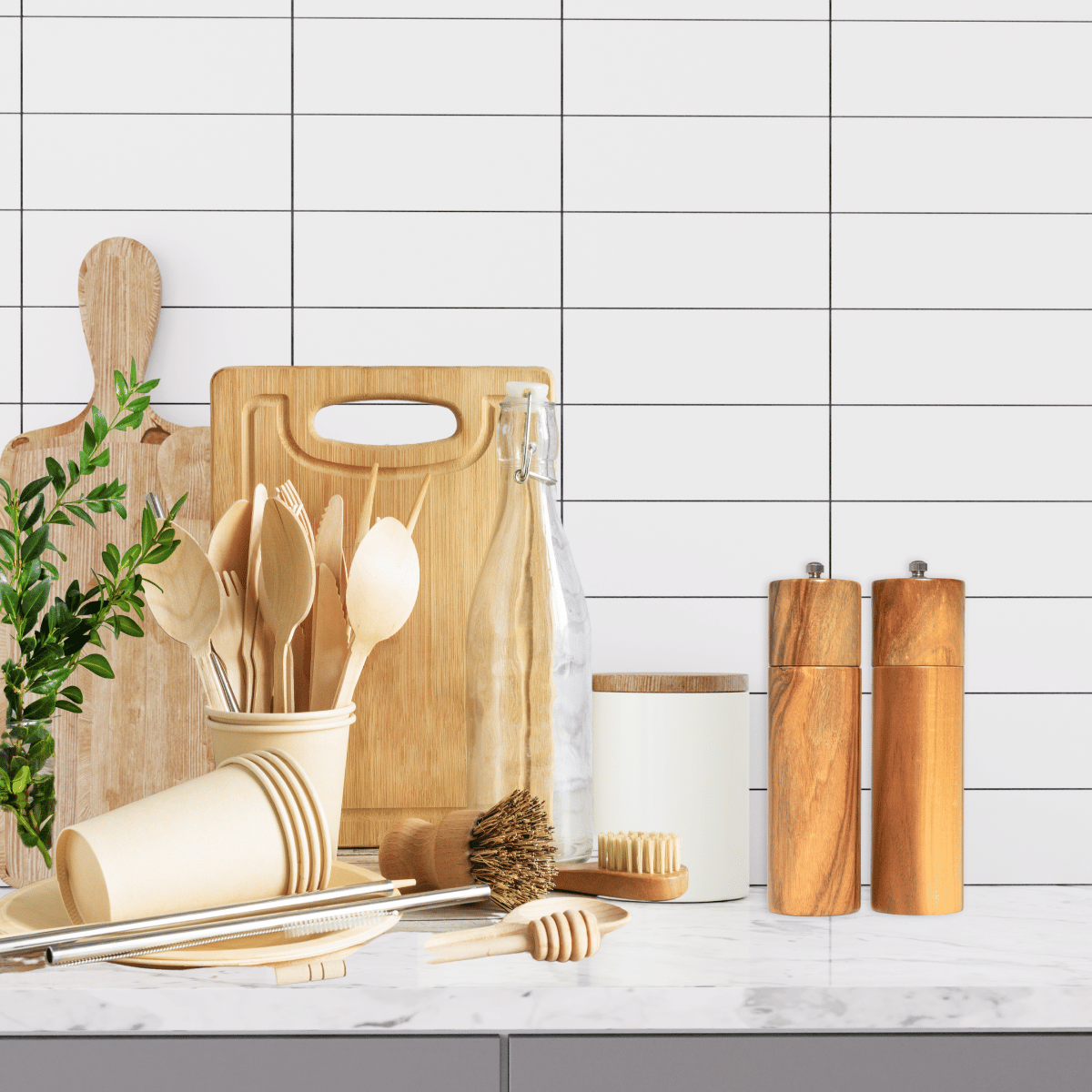
Eco-Friendly Kitchen Makeover: Sustainable Kitchen Tools and Hacks
Transform your kitchen into an eco-friendly haven with sustainable kitchen tools and clever hacks. Discover how these choices can reduce your carbon footprint and make your kitchen the heart of a g...
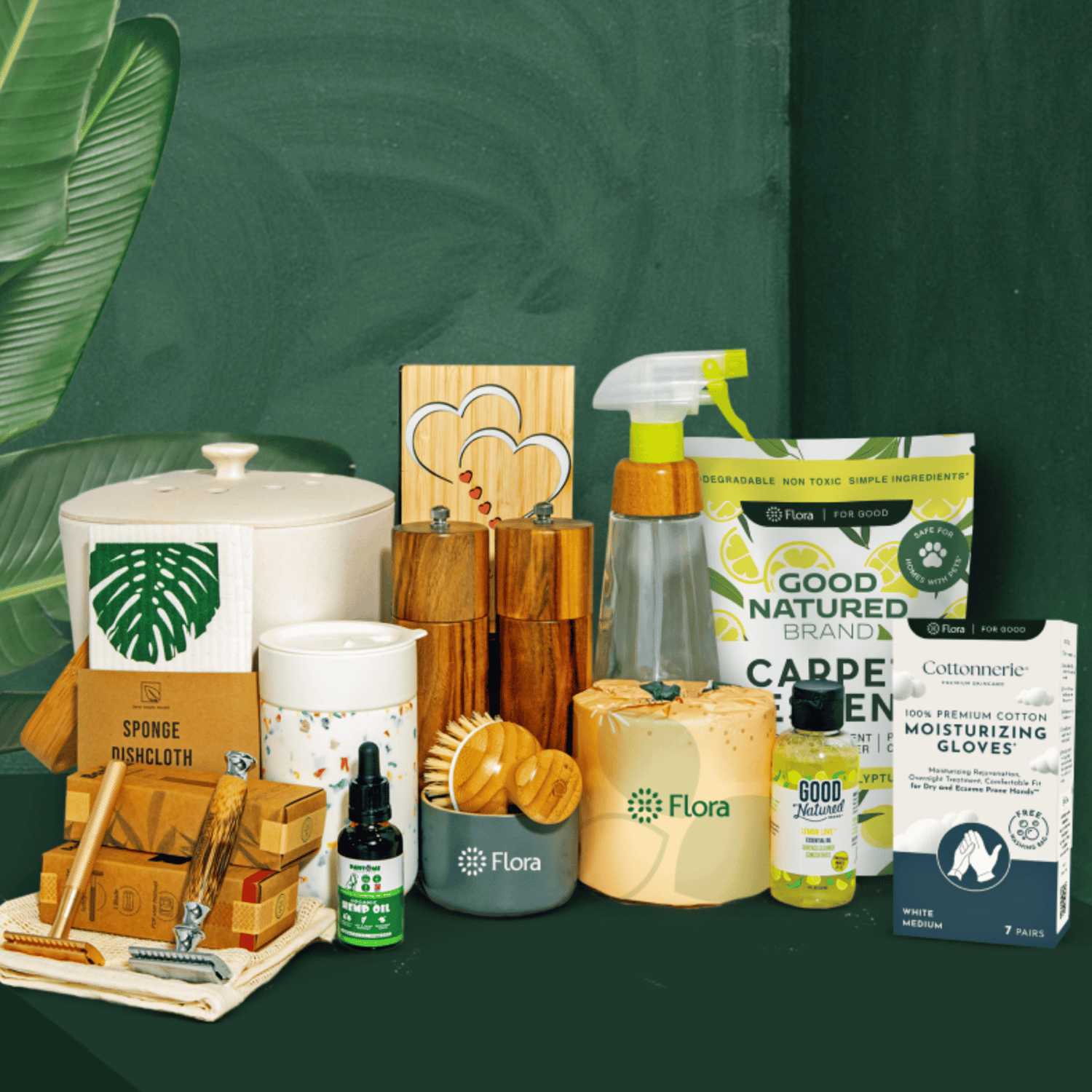
Join the Flora Movement.
Embark on a sustainable journey towards a better future with high quality eco-friendly products from mission driven brands.
Learn More
